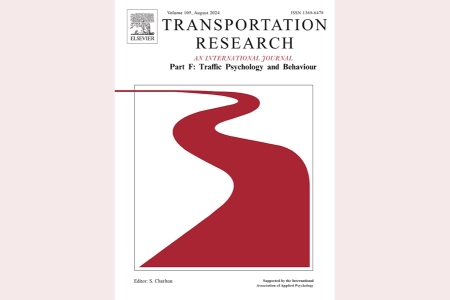SWOV researchers Van der Kint, Van Schagen, Vlakveld, Mons, De Zwart and Hoekstra coauthored the article 'A brief pc-based hazard prediction training program improves young novice drivers’ hazard perception skills compared to a control group over time' in Transportation Research Part F.
Young novice drivers are overrepresented in crashes. One of the causes is their poor hazard perception skills. Can a brief PC-based hazard prediction training speed up the acquisition of these skills?
To investigate this a training was developed and tested. The training consisted of eight short videos from the driver’s perspective that ended in a crash or an emergency brake incident. Participants watched each video twice but only up until the moment the dangerous scenario started to unfold. During the following minute, they made as many predictions as possible about what would happen next. After this, the video was played again, including the remaining part with the crash or emergency brake incident. Thereafter, with the aid of stills from the video with highlighted areas and arrows, a voice-over explained which areas an experienced driver would have attended to, to avert the crash or emergency brake incident and which other latent hazards experienced drivers would have attended to that did not materialise.

